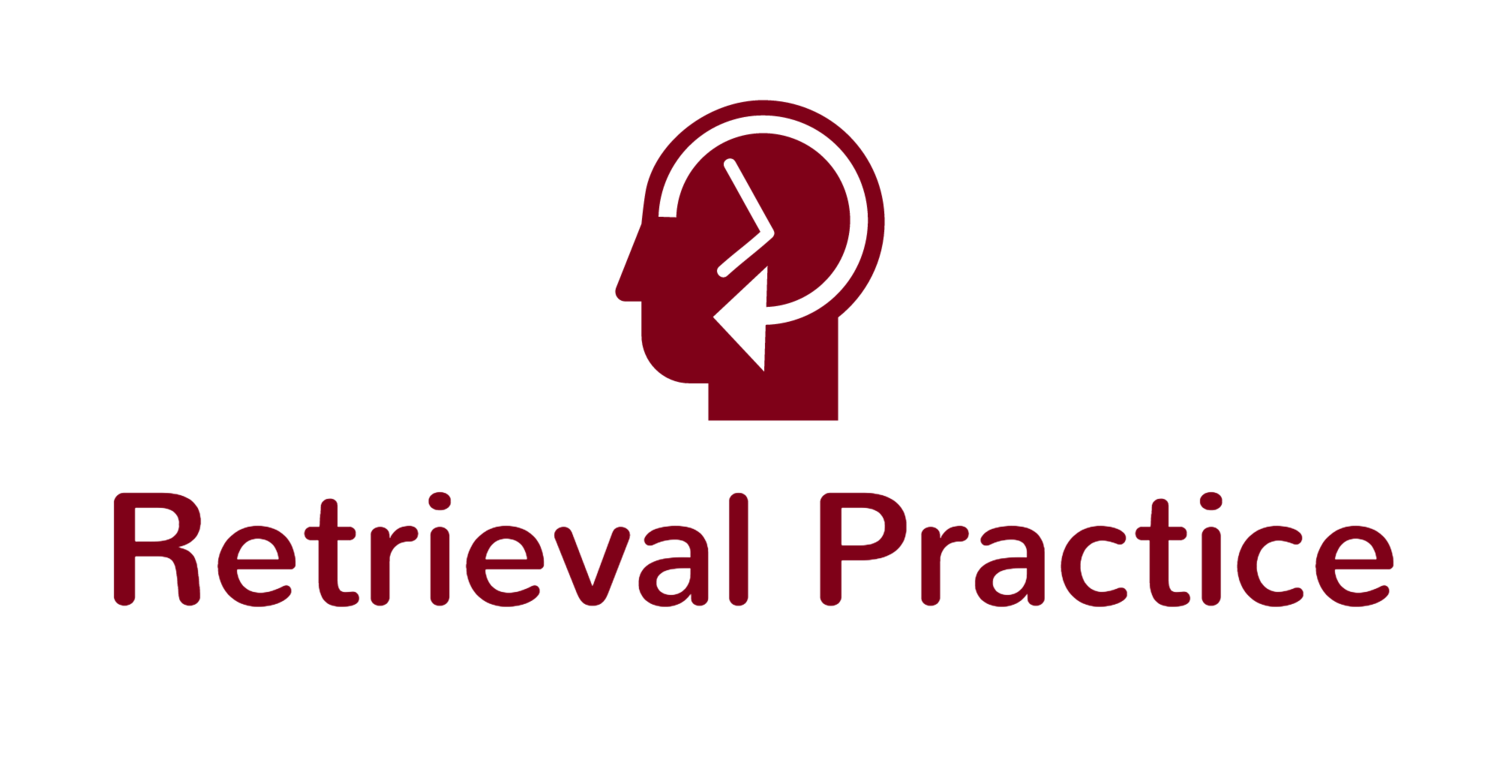Download our Transfer of Learning Practice Guide
/We are thrilled to share our free downloadable guide on retrieval practice and student’s transfer of learning. Why? Because retrieval practice improves more than just memorization. Learn about the latest research and teaching strategies that boost transfer in the classroom.
Read More
















